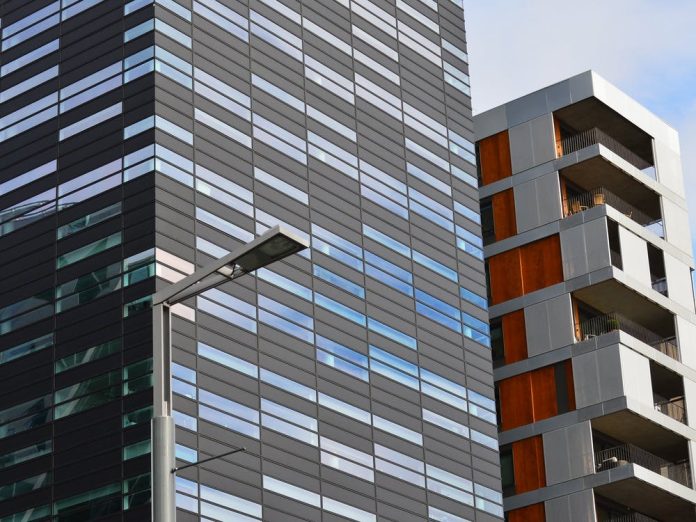After moving into a rental property, tenants sometimes have to dig deep into their pockets to pay for the first month’s rent, plus a security deposit. When the tenant eventually moves out, the landlord will return the deposit as long as the rental is in the same condition as it was when the tenant first moved in.
However, landlords are often reluctant to return the tenancy deposit in full, especially if the property doesn’t meet their high standards. If you are moving into a new rental, or you have invested in a new home, then getting back your full deposit is of vital importance. Without getting it back, you might not have the finances to move elsewhere.
Table of Contents
Can a landlord refuse to give you back your deposit if you break the lease agreement?
Yes, your landlord is entitled to keep your entire security deposit if you break or terminate your lease early. This law is in place to help the landlord cover the costs because of the rent they will lose out on. Landlords sometimes struggle to find new tenants, and it is often a long process, so it is not surprising the government put this law in place.
However, if you have a healthy relationship with your landlord, consider speaking to him or her in person about your current situation. They might be happy to let you break the lease and willing to give your full deposit back because they might have other tenants looking to move in for more money. If this is the case, it could benefit both you and your landlord. This is often the case when tenants live in a rental for a long period of time. The landlord refuses to increase the rent because their tenant hasn’t caused them any hassle while renting the property.
Can my landlord take money from my deposit for wear and tear?
The damage you caused and wear and tear aren’t the same in the eyes of the law. Don’t confuse a few small stains on the carpet as serious damage, or small amounts of grime and dirt on the walls of the rental. However, before returning the keys to your landlord, you will want to give the rental a deep clean.
Several professional cleaning services will do the end of tenancy clean for you. If you are not up to the task, or you don’t have access to the proper cleaning tools, then you might want to consider outsourcing the job to a professional. Try to find a reputable service that has been in business for several years. If your landlord has more than one rental, don’t hesitate to ask him or her for a recommendation. Busy landlords are known to hire cleaners on a regular basis, so it might be worth your while asking for them for help.
However, expect your landlord to take money from your deposit to repair extensive damage to the property. Broken doors, windows and countertops have to be repaired.
Make sure there are no outstanding bills
Don’t expect your landlord to fork out for unpaid utility bills. They will only give you your deposit back when all of your outstanding bills are paid in full. They will hold onto the deposit until they have evidence the bills are paid in full.
If you are waiting for bills to arrive, consider making direct contact with the electricity, gas, internet, etc. companies for your outstanding bills. Once paid, make a few copies of the bills, one for you, and one for your landlord. If there is any confusion down the line, you can produce the paid bills to show you are up to date with all of your payments.
Also, don’t forget to give your landlord the keys for the rental. If you do forget, you can expect the landlord to change the locks, which will come out of your deposit.
Don’t leave anything behind
Dumping garbage, old furniture and other items will cost the landlord money. Don’t expect to leave items in your old rental without your landlord deducting money from your deposit. After giving your rental a deep clean, you are bound to have garbage bags full of waste. Make sure you don’t forget to dump these bags before the landlord comes to inspect the property.
However, if you have furniture in the rental that you no longer want to keep, ask your landlord if they would like to keep it. If they do want to hold onto your old items, it will save you from having to dump it.
Conclusion
Dealing with landlords can be tricky, and if they are unwilling to return your deposit in full, you might have to speak with a lawyer for professional advice. However, most landlords are fair, especially when dealing with tenants who didn’t cause them any issues during their lease agreement.
















